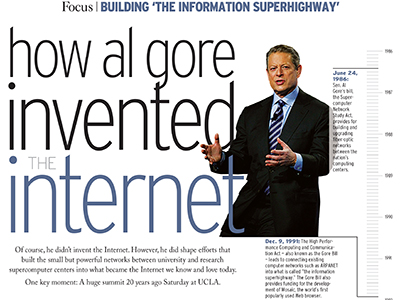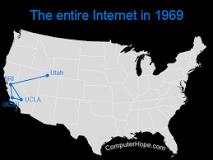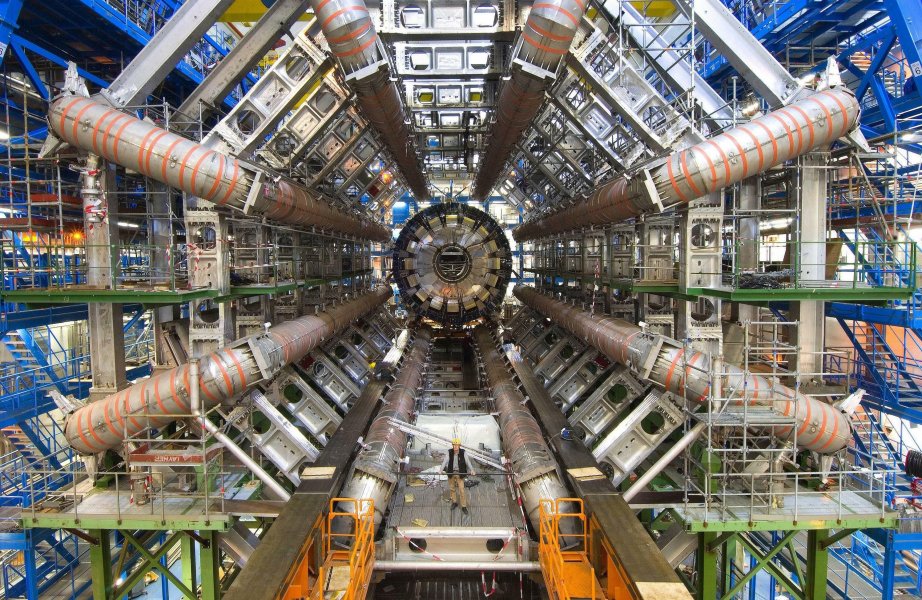Afaik it was invented by scientists at CERN switzerland as a way to communicatie easily with colleges worldwideWho invented the internet?
Can digital get to vinyl sound and at what price?
- Thread starter ScottK
- Start date
You are using an out of date browser. It may not display this or other websites correctly.
You should upgrade or use an alternative browser.
You should upgrade or use an alternative browser.
- Status
- Not open for further replies.
Unfortunately, digital is an inherently lossy format, which also produces an inordinately large amount of high frequency distortion.
It also sounds distinctly artificial.
Hi George, I'm genuinely interested in understanding your persepctive. Could you expand on what you think ultimately holds digital audio back, or cite some references that I could read up on?
(I used to own a Pacific Microsonics Model Two, and recall Keith Johnson saying that vinyl had a dynamic range of 120dB, IIRC.)
Thanks.
Mani.
Republicoftexas69
Well-Known Member
Wrong!Afaik it was invented by scientists at CERN switzerland as a way to communicatie easily with colleges worldwide

A short history of the internet | National Science and Media Museum
Read about the history of the internet, from its 1950s origins to the World Wide Web’s explosion in popularity in the late 1990s and the ‘dotcom bubble’.
Wrong!!Wrong!

A short history of the internet | National Science and Media Museum
Read about the history of the internet, from its 1950s origins to the World Wide Web’s explosion in popularity in the late 1990s and the ‘dotcom bubble’.www.scienceandmediamuseum.org.uk

Who really invented the Internet?
Inside the remarkable story behind the revolutionary invention.
Off course it was developed by an american in texas lol
I guess it all comes down where you look on the worldwide web .
Can we get some real answers .
Like .... chat gpt where you at ??
I guess it all comes down where you look on the worldwide web .
Can we get some real answers .
Like .... chat gpt where you at ??
Last edited:
As I said the internet is a fickle thing.Off course it was developed by an american in texas lol
I guess it all comes down where you look on the worldwide web .
Can we get some real answers .
Like .... chat gpt where you at ??
As I said the internet is a fickle thing.
Even its name, I prefer "interweb".
Ok, not really, but it's a thing. Like "internets"
Wrong!

A short history of the internet | National Science and Media Museum
Read about the history of the internet, from its 1950s origins to the World Wide Web’s explosion in popularity in the late 1990s and the ‘dotcom bubble’.www.scienceandmediamuseum.org.uk
Right!
https://home.cern/science/computing/where-web-was-born
Republicoftexas69
Well-Known Member
LOL WRONG!!!!!!!Wrong!!

Who really invented the Internet?
Inside the remarkable story behind the revolutionary invention.www.sciencefocus.com
All in good humor.
WHO INVENTED THE INTERNET?
No one person invented the internet. When networking technology was first developed, a number of scientists and engineers brought their research together to create the ARPANET. Later, other inventors’ creations paved the way for the web as we know it today.But this guy takes all the credit for it.


Lol Al gore .
Isnt that the guy who takes his private jet so he doesnt miss the climate change confernce
Isnt that the guy who takes his private jet so he doesnt miss the climate change confernce
Republicoftexas69
Well-Known Member
I know this has already been linked to, but anyone interested in understanding digital audio should watch this:
D/A and A/D | Digital Show and Tell (Monty Montgomery @ xiph.org) - YouTube
What he says and shows seems perfectly reasonable to me, but I'm open to hearing any opposing views.
Mani.
D/A and A/D | Digital Show and Tell (Monty Montgomery @ xiph.org) - YouTube
What he says and shows seems perfectly reasonable to me, but I'm open to hearing any opposing views.
Mani.
Afaik it was invented by scientists at CERN switzerland as a way to communicatie easily with colleges worldwide
What year was this ..?
Unfortunately, digital is an inherently lossy format, which also produces an inordinately large amount of high frequency distortion.
It also sounds distinctly artificial.
Yes it can ...!
Even its name, I prefer "interweb".
Ok, not really, but it's a thing. Like "internets".
My first access to it was in 1985 , i was told then it was around from the early 70’s used by the military to transfer data and information between bases etc ..!
1989 , hahahahaha
Congratulations. It's very unfortunate that it couldn't be realized for the consumer market. I thought a similar concept for Blu-ray when it first came out but just thought not invented or did research etc.George Mann, inventor of the full spectrum, frequency-modulated optical analog disc format.
As far as I understand you planned to use a system to convert audio to carrier frequency (FM) I wonder how were you planning to record that carrier frequency to laser disc in analog? It's much harder to do it in analog compared to digital which needs just pits. In analog it will be frequency and amplitude to be buried onto disc and timestamp or other speed keeping signal. It's harder reading frequency and amplitude from laser disc compared to digital. And the manufacturing process is another question like the need for a more precise glass disc cutting laser for FM.
Cd came out as digital to eliminate those problems in the first place and eliminate other problems that vinyl medium has by the expense of introducing unfixable new problems.
I appreciate if you share some details about optical analog disc format regarding those questions.
Cd came out as digital to eliminate those problems in the first place and eliminate other problems that vinyl medium has by the expense of introducing unfixable new problems.
Unfixable new problems? Which ones?
- Status
- Not open for further replies.
Similar threads
- Replies
- 14
- Views
- 2K
- Replies
- 1
- Views
- 322
- Replies
- 44
- Views
- 7K
| Steve Williams Site Founder | Site Owner | Administrator | Ron Resnick Site Owner | Administrator | Julian (The Fixer) Website Build | Marketing Managersing |











